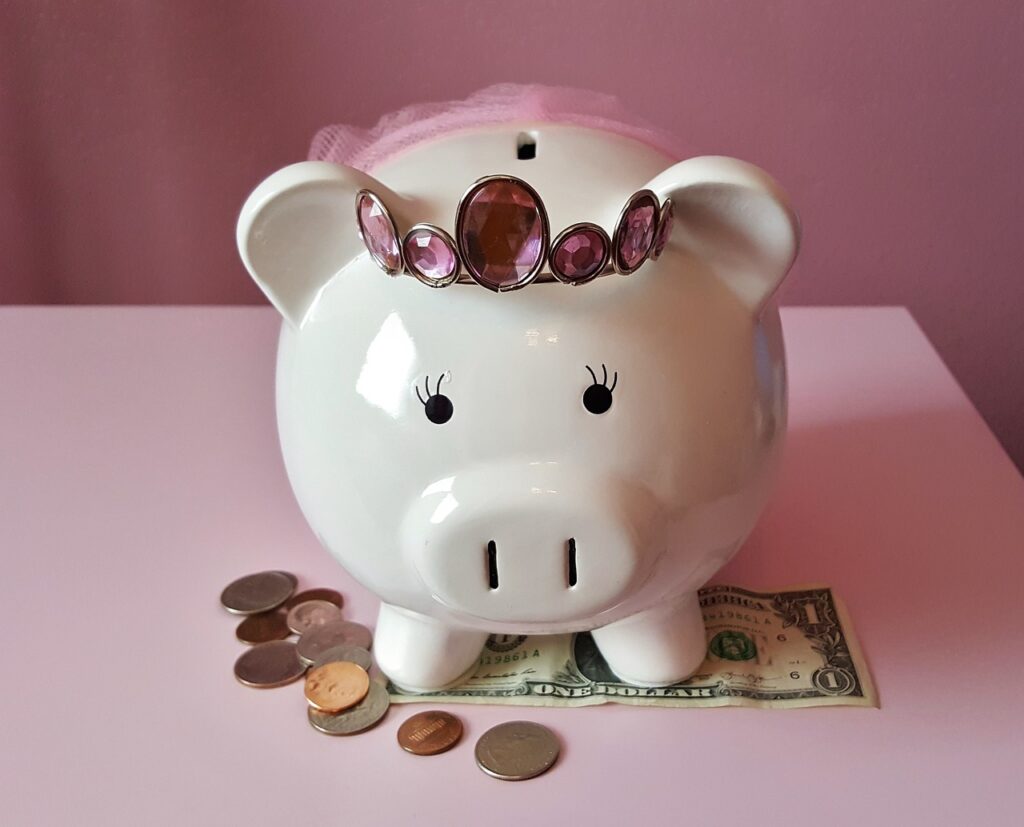Financial feminism is more than just a buzzword—it’s a movement that challenges the systemic barriers women face in their financial lives and calls for a more inclusive, equitable economy. At its core, financial feminism intertwines economic advocacy and gender equality, aiming to give women the tools, knowledge, and opportunities they need to achieve financial independence while addressing deep-seated societal issues that perpetuate economic disparities.
This blog will explore what financial feminism means, why it’s important, and how both individuals and organizations can build meaningful change. We’ll also shed light on how systemic inequalities impact women’s finances and highlight the critical steps being taken to bridge these gaps.
Table of Contents
ToggleWhat is Financial Feminism?
Simply put, financial feminism is the intersection of feminism and finance. It advocates for empowering women to take control of their financial futures while simultaneously addressing the structural inequalities that create economic disadvantages for women and marginalized groups.
Breaking Down the Concept:
- Personal Empowerment: At its heart, financial feminism encourages women to become active participants in managing their finances. This includes having access to financial literacy resources, learning to invest, and making empowered decisions about saving, spending, and career growth.
- Addressing Systemic Issues: Beyond individual empowerment, financial feminism acknowledges that structural barriers—such as the gender pay gap, unpaid labor expectations, and biased financial policies—continue to limit women’s economic potential.
- Policy and Advocacy: It’s not just about personal finance; financial feminism also pushes for policy reforms, workplace equality, and cultural changes to foster economic stability for women at every level.
Financial feminism isn’t about dividing wealth—it’s about removing barriers so everyone can thrive equally in the financial landscape.
Understanding the Problem: How Systemic Inequalities Affect Women Financially
Despite progress in gender equality, financial disparity between men and women remains pervasive. Here’s how systemic issues continue to sway the financial scales:
The Gender Pay Gap
Women, on average, earn 82 cents for every dollar earned by men, according to U.S. Census Bureau data from 2022. But the gap widens further for women of color, with Hispanic and Black women earning even less. Tackling the gender pay gap is a core pillar of financial feminism, and it requires more than just negotiation—it demands systemic change.
Unpaid Labor and Care Responsibilities
Around the world, women often shoulder the lion’s share of unpaid labor, including caregiving, household responsibilities, and child-rearing. According to Oxfam International, women supply an estimated $10.8 trillion worth of unpaid labor every year. This economic contribution, while unrecognized in GDP measurements, limits women’s ability to grow wealth or pursue higher-paying career opportunities.
Leadership Disparities
Women remain underrepresented in leadership roles, which often come with higher salaries, equity packages, and seniority-based retirement benefits. Globally, women hold only 29% of senior management positions as of 2023 data. Without equal access to leadership opportunities, women’s earning ceilings remain significantly lower than men’s.
Financial Literacy Gaps
Financial literacy education often fails to account for the unique challenges women face. Many women report feeling intimidated by financial planning or investment strategies, largely due to the lack of resources tailored to their needs.
Economic Policymaking Exclusion
Women have historically been underrepresented in economic and financial policymaking roles. This often results in policies that fail to address gender-specific financial challenges or create opportunities for women’s financial empowerment.
The Importance of Financial Feminism for Economic Progress

Financial feminism doesn’t just benefit women—it benefits everyone. Here’s how:
- Strengthened Economies: According to McKinsey, advancing gender equality in the workplace could add $12 trillion to global economic growth by 2025. Building an inclusive financial landscape leads to stronger economies.
- Better Decision-Making: Research consistently shows that diversity improves decision-making and innovation in both corporate and political settings. When women have a seat at the financial table, the results are more equitable and forward-thinking.
- Reduced Poverty Rates: Promoting financial independence among women directly reduces poverty. Studies show that women tend to reinvest 90% of their income into their families and communities, creating widespread benefits.
Steps to Support Financial Feminism
For financial feminism to become mainstream, change needs to happen on both individual and systemic levels. Here’s what that might look like:
1. Prioritize Financial Education for Women
Financial literacy is the foundation of financial independence. Tailored programs aimed at teaching women how to budget, save, invest, and negotiate salaries can help close the knowledge gap. Organizations like Ellevest and Ladies Get Paid offer resources specifically for women.
2. Close the Gender Pay Gap
Employers must conduct salary audits to identify pay disparities within their organizations. Laws like salary transparency requirements help expose income gaps, but leaders must proactively address inequities to truly make a difference.
3. Advocate for Paid Parental Leave
One of the core barriers to women’s financial advancement is the lack of paid parental leave. Advocacy for stronger workplace policies that support paid maternity/paternity leave and affordable childcare is essential for leveling the playing field.
4. Challenge Investment Representation
The financial services industry often overlooks women’s unique needs, with male investors outnumbering female investors significantly. Encouraging women to participate in investing—whether through asset management firms targeting women or tools like Betterment—can counteract this imbalance.
5. Support Policies Addressing Economic Inequality
Both individuals and businesses can advocate for policies that address issues like housing insecurity, healthcare equality, student loan forgiveness, and retirement planning gaps. Supporting female entrepreneurship programs is another step toward creating broader economic equality.
6. Build Community Among Women
Shared knowledge and peer support can empower women to build financial confidence. Platforms and groups tailored to women—like online forums, book clubs, and career mentorships—are invaluable resources.
The Role of Businesses in Financial Feminism
Organizations also play a huge role in fostering economic equality. For example, companies can:
- Establish Equal Pay Policies: Regularly review and adjust wages to ensure fairness across roles, genders, and ethnicities.
- Offer Financial Planning Benefits: Provide access to retirement planning, free workshops, or financial counseling services specifically geared toward women.
- Commit to Workplace Diversity: Ensure women are well-represented at every level—especially in leadership positions.
Brands that actively foster equitable financial practices are not only contributing to economic progress but also attracting values-driven customers and candidates.
Making Financial Feminism a Personal Commitment
What steps can you take today to be part of this movement? Start by questioning how societal structures have influenced your own financial decisions. Reflect on pay transparency in your workplace or consider how unpaid labor divides responsibilities within your own home.
You can also commit to challenging outdated norms by educating others, advocating for policy changes, or simply supporting women-owned businesses. Every action matters when it comes to creating a more equitable financial future.
Building a Financially Equal Future
Financial feminism is about creating a world where systemic barriers no longer dictate financial outcomes. By addressing economic inequalities head-on, empowering women to achieve financial independence, and advocating for inclusive policies, we can all take part in redefining what wealth and equality mean.
It’s time to act. Hustling Naari would love to listen to your thoughts, challenge the status quo, and help amplify the voices of women working toward financial freedom. Together, we’ll build a future where everyone has a fair chance at financial success.


